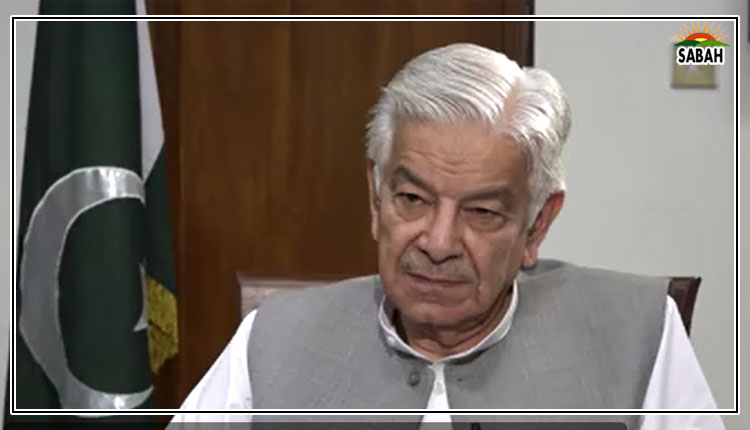The shame machine ….Bina Shahid
The world needs strong women. In a patriarchal and deeply conservative society, when a woman takes a stand for herself, it is not only she who wins but also all those women who cannot speak up for countless reasons.
Women in our country are faced with a plethora of challenges. Each year witnesses a troubling surge in rape cases. The trauma that women have to deal with post their sexual assault is another story.
In their pursuit of justice, survivors lose all confidence to chase their cases. From the very beginning to the point where the case ends, they face constant victimization which crops up the moment they talk about their abuse.
We are living in 2024, and yet nothing has changed in this regard. Women who survive rape are still blamed in this country. When such cases are reported, most people start questioning a woman’s choices (her clothes, her movement and mobility, etc).
In our country, women’s safety or mental health is never a priority. The maximum we can offer is short-lived outrage on social media. The discussion usually moves to ‘how not to get raped’, again putting the responsibility on women to avoid rape.
Law experts say that delayed reporting is the main reason for a poor percentage of conviction in rape cases. But no one tries to figure out why such cases are not frequently reported. Despite the fact that this crime is punishable by death, lifetime imprisonment and, in some cases, chemical castration, it is easier for perpetrators to get off the hook. A majority of survivors are silenced. Some families agree to get the survivor married to her abuser. Our society still places the onus of proof on survivors, which is why they lose the battles they fight.
The situation necessities laws against rape with strong measures to safeguard women. Society should do away with victim blaming and must focus on hearing the stories of survivors, and healing and helping them. Without any further delay, collective efforts by every institution involved – police, doctors, relatives, and civil society members – must serve rape survivors with the respect and care they deserve.
Some protocols must be established and strictly followed when dealing with rape cases. In 2024, at a time when the world is making the most of technological advancements, the use of technology (in-camera trials through e-court) can help avoid confrontation between the accused and the victim during trial. This will save the victim from being unfairly harassed and judged by officers and ordinary people present at the court.
The fact that people see a rape survivor with scepticism is not new. Former president, the late Gen Pervez Musharraf, once said that rape accusations had become a ‘moneymaking concern’. He said this during his interview with an international media out when he was asked about Mukhtar Mai, a woman from a remote village in Punjab, who was gang-raped on the orders of a village council in 2002.
The former president also said that if anyone in Pakistan wanted to go abroad and get a visa or citizenship for any Western country, they would get themselves raped. The blame is constant, leaving victims in an unending cycle of shame. In 2021, when Imran Khan was asked by a foreign journalist about the growing number of rape cases in Pakistan, he said: “If a woman is wearing very few clothes it will have an impact on the men unless they are robots. It is just common sense”.
Although women’s clothing is never a factor in such cases, in Pakistan where a vast majority of women wear the conservative national dress, blaming women for rape is cruel discrimination. Moreover, if what one wears is still a factor, why do boys get raped in the country?
Debating a woman’s clothes is grossly demeaning. Lawmakers need to reconsider their approach and make policies grounded in fair principles of justice.
The writer is an advocate High Court and a social activist. She tweets/posts @faraz_bina and can be reached at:binashahid21@gmail.com
Courtesy The News












